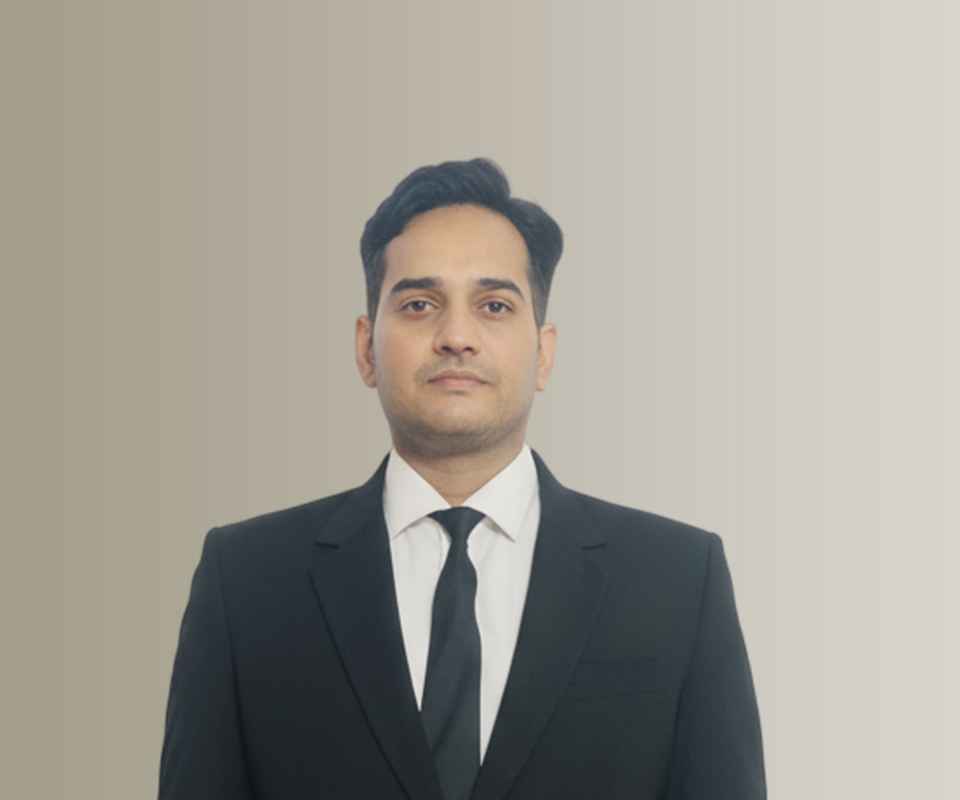Answer By law4u team
Bharatiya Nagarik Suraksha Sanhita, 2023 - Section 287: Judgement in cases tried summarily
In every case tried summarily in which the accused does not plead guilty, the Magistrate shall record the substance of the evidence and a judgment containing a brief statement of the reasons for the finding.
Brefe Detail
Section 287 of the Bharatiya Nagarik Suraksha Sanhita, 2023 outlines the procedure for cases that are tried summarily where the accused does not plead guilty. In such cases, the Magistrate is required to:
- Record the substance of the evidence.
- Provide a judgment that includes a brief statement of the reasons for the finding.
This ensures that the judicial process is documented clearly and transparently, even when the case is tried in a summary manner, which is typically more expedited than other trial procedures.
Question & Answers
Q1: What is required of the Magistrate in summary trials under Section 287?
A1: In summary trials where the accused does not plead guilty, the Magistrate must record the substance of the evidence and give a judgment with a brief statement of the reasons for the finding.
Q2: Is the Magistrate required to give reasons for their judgment in summary trials?
A2: Yes, the Magistrate must provide a brief statement of reasons for the finding in summary trials under Section 287.
Q3: When does this procedure apply?
A3: This applies in every case that is tried summarily where the accused does not plead guilty.
Example
In a case tried summarily under Section 287, if an accused is charged with theft but does not admit guilt, the Magistrate will record the evidence presented during the trial. The Magistrate will then issue a judgment explaining the reasons for the finding, whether the accused is found guilty or not.
Summary
Section 287 of the Bharatiya Nagarik Suraksha Sanhita, 2023 requires that in cases tried summarily where the accused does not plead guilty, the Magistrate must record the substance of the evidence and issue a judgment that includes a brief explanation of the reasons for the verdict. This ensures transparency in the judicial process during summary trials.






